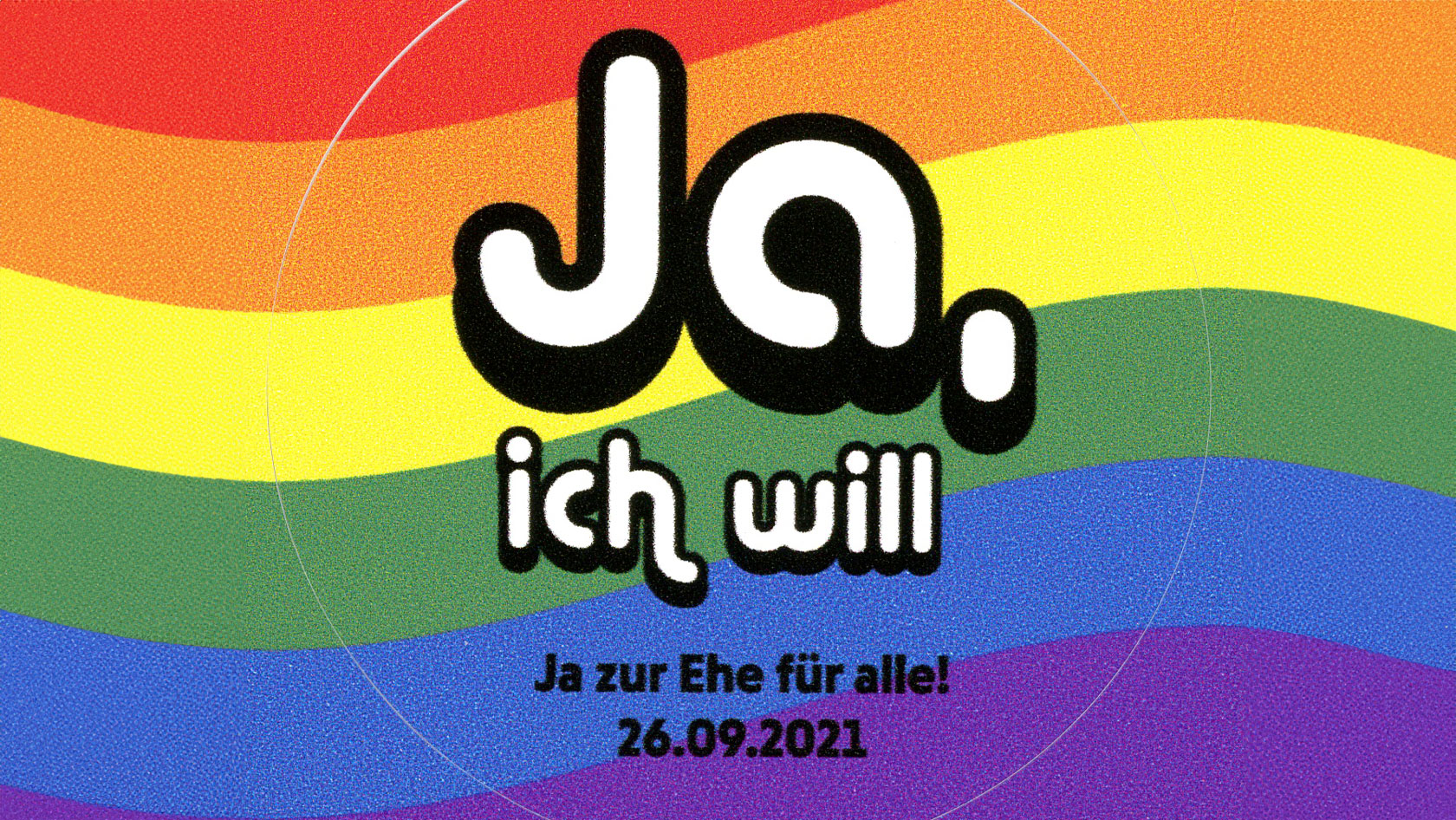Navigation auf uzh.ch
Navigation auf uzh.ch

Lesbian, gay, bisexual, trans, intersex and queer (LGBTIQ+) individuals face persistent structural inequalities and discrimination that can adversely affect their well-being. When concerns of the LGBTIQ+ community are discussed in widespread public debates, such as during political initiative and referendum campaigns, that can leave marks and scars.
A team of researchers at the University of Zurich, Princeton University and the Université de Montréal has now investigated these lasting consequences in a study of how the public campaigns surrounding the 2021 national referendum on marriage equality in Switzerland affected LGBTIQ+ and cisgender heterosexual individuals’ stress levels. To conduct the study, the researchers surveyed several hundred people before, during and after the national referendum in 2021 and gathered biological data collected in hair samples.
“Political campaigns against the rights of LGBTIQ+ individuals can reinforce lived experiences of discrimination, rejection and alienation by mainstream society in people who are already stigmatized,” explains lead author Léïla Eisner from the University of Zurich Department of Psychology. The researchers discovered that during the referendum campaign, LGBTIQ+ individuals and their milieu of cisgender heterosexual families and friends both exhibited significantly higher levels of biological stress markers like cortisol and cortisone in the hair samples than before and after the campaign.
However, self-perceived stress did not increase in either of the two groups across the time frame. One reason for that might be because perceived stress is influenced by many factors, such as by the COVID-19 pandemic or by stress at work or at home, for example. Whereas the campaign left traces in biological stress markers, people may have downplayed the stress in the questionnaires.
The study thus shows that the arguments and statements from the “no” camp adversely affected LGBTIQ+ individuals’ and their allies’ biological stress levels. This effect, however, was attenuated when LGBTIQ+ individuals repeatedly perceived supportive statements from the “yes” campaign. “The campaign in favor of marriage equality evidently contributed to alleviating the health consequences of discrimination. However, the data from our study also show that engagement in the campaign wasn’t always devoid of conflict,” explains Tabea Hässler, who co-directed the study. “This illustrates how important fairness in people’s dealings with each other is to/for improving health in minority populations”.
Literature:
Léïla Eisner, Susanne Fischer, Robert-Paul Juster, & Tabea Hässler. The Impact of Marriage Equality Campaigns on Stress – Did A Swiss Public Vote Get Under the Skin? PNAS, 22. Juli 2024. DOI:https://doi.org/10.1073/pnas.2400582121